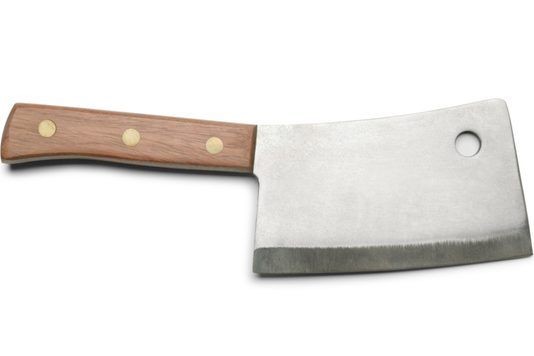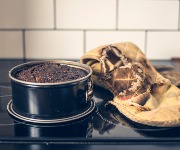The taboo meats no one dares to eat

Hugh Fearnley-Whittingstall says we're too soft when it comes to trying taboo meats. Sophie Morris wonders why some meats are too sensitive to stomach
My first encounter with a ‘taboo’ meat would have been as a child in France, faced with a steak of finest cheval, or horsemeat, ordered in error. Luckily for me, I was no pony enthusiast, but nor is it one of my favourite dinners. It has a reputation for being shoddily reared and slaughtered and if I want a bargain meat dish, I’ll make do with offal or a cheaper cut.
A dog's dinner
That’s not to say I’m snobbish about the species of animal on my plate. When Hugh Fearnley-Whittingstall told the Radio Times that he had no moral objection to eating dog, I nodded along in agreement. I’ve made the same argument to friends many times.
Why are dogs better than pigs?
Do I want to eat my own puppy? Decidedly not. But there is no logical or moral difference between eating a dog and eating a pig. It’s just that we keep dogs as domestic pets and think of them as cute and fluffy. Perhaps, as pigs become more popular pets, we will reconsider eating pork for the same reason.
Pretty pets
“If they’ve got eyelashes, forget it,” says Jeannie Edgar of her approach to sourcing new products for her business Alternative Meats. Edgar’s customers are made up of two main groups. The first are foodies after unusual British meats, who order her Welsh Wagyu beef, Cheshire goat and rose veal. Then there are the adventurous eaters, who have tried exotic meats such as crocodile, kangaroo and ostrich abroad and liked them, or who come from countries where these meats are regularly eaten.
Hypocritical consumers
She freely admits that the Alternative Meats’ approach is hypocritical. Edgar and her business partner Rachel Godwin don’t stock alpaca or llama meat because they think them too cute. They object to selling British hare because there are few wild hares in the UK and they enjoy seeing them running around in fields. But they are happy to import farmed Argentinian hares.Horses are out of the question, both because the pair are horsy types and there are no satisfactory methods of slaughter. My reasoning is somewhat hypocritical too, because in my case the issue is hypothetical. I don’t ever expect to have to eat one of my own pets. But I won’t judge anyone who does.
Our associations with animals as either pets or a potential food source have pretty shaky foundations. We are happy to criticize other races for their varying approaches, such as the Koreans, who eat dog. Yet dogs are not better beasts than pigs, nor should they be more highly prized. We have simply grown up understanding dogs as domestic pets and pigs as edible farm animals.
As a result, most meat eaters seem to go with the Alternative Meats ethos, where anything cute and cuddly is not meant for a cooking pot (even though their new book does include recipes for zebra).
Eat good meat
While this is hypocritical, it could work to make us reevaluate the meat we are happy to eat. Whether you’re cooking up a puppy, a kitty, a bambi or a big chunk of belly pork tonight, your first concern should be where it has come from, not whether it looks good on a lead.
What do you think? Have you eaten unusual meats while on holiday? Should we perhaps broaden our tastes to include other species? Or do you believe that some meats simply too taboo to chew?
Adventurous meat-eaters should get their chops around:
Most Recent
Comments
Be the first to comment
Do you want to comment on this article? You need to be signed in for this feature








